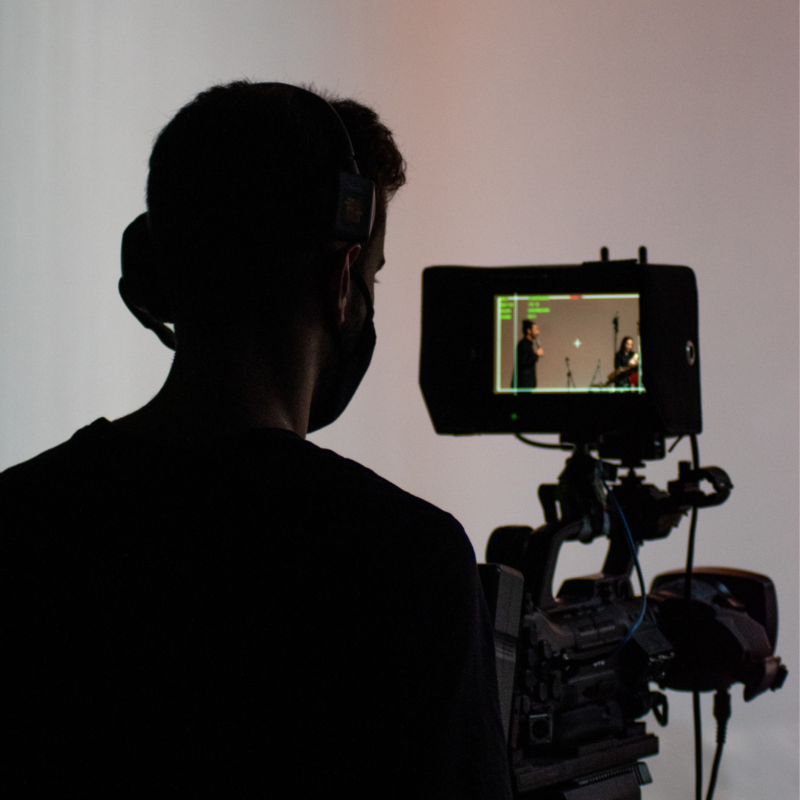Kuwait on Camera: Exploring the Nation’s Cinematic Heritage
October 15, 2024

Kuwait's cinematic heritage offers a fascinating glimpse into the nation's evolving cultural identity. In this post, we'll dive into Kuwait's journey through film, from its earliest productions to its contemporary cinematic achievements. Whether you're a film enthusiast or simply curious about the cultural pulse of Kuwait, this exploration will reveal how the nation has expressed its stories on the silver screen.
The Beginnings of Kuwaiti Cinema
Kuwaiti cinema began in the early 1970s, with the first film Bas Ya Bahar (The Cruel Sea) marking a significant milestone in the Arab film industry. This film, directed by Khalid Al-Siddiq, set the stage for Kuwait’s unique storytelling approach, focusing on the lives of its people and their relationship with the sea. The film’s success inspired a wave of productions that reflected the socio-political landscape of Kuwait, capturing the nation's transition from a pearl-diving economy to a modern state.
The Evolution of Themes in Kuwaiti Film
Over the decades, Kuwaiti filmmakers have tackled various themes, from the challenges of modernization to the impact of the Gulf War. The 1980s and 1990s saw a surge in films that addressed social issues, such as family dynamics, gender roles, and the struggles of youth. These films not only entertained but also sparked conversations, making cinema a powerful medium for social commentary in Kuwait.
Contemporary Kuwaiti Cinema
Today, Kuwait continues to produce films that resonate both locally and internationally. The modern era of Kuwaiti cinema is characterized by its diversity of genres and styles. From documentaries and dramas to comedies and experimental films, Kuwaiti filmmakers are pushing boundaries and gaining recognition on global platforms. The rise of independent filmmakers and the influence of digital technology have also democratized the filmmaking process, allowing new voices to emerge and tell their stories.
Preserving and Celebrating Kuwaiti Cinematic Heritage
Preserving Kuwait’s cinematic heritage is crucial for future generations to understand the nation's cultural and artistic evolution. Efforts are being made to restore classic films and archive them for posterity. Additionally, film festivals and cultural events in Kuwait play a vital role in showcasing both historical and contemporary works, ensuring that the cinematic legacy continues to thrive.

Shaping the Future of Kuwaiti Cinema
Kuwait’s cinematic journey is a testament to the nation’s creativity and resilience. As we look to the future, it’s clear that Kuwaiti filmmakers will continue to innovate and inspire. At American International University (AIU), we are committed to nurturing the next generation of creative leaders who will contribute to Kuwait's cultural and artistic landscape, aligning with Kuwait's Vision 2035. Through our programs and initiatives, we aim to provide students with the tools and opportunities to become the future trailblazers of Kuwaiti cinema.
Explore more about how AIU is shaping future leaders and contributing to Kuwait’s Vision 2035 by visiting AIU’s official website.

